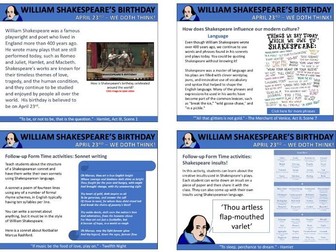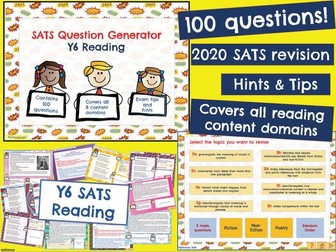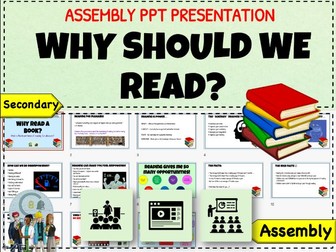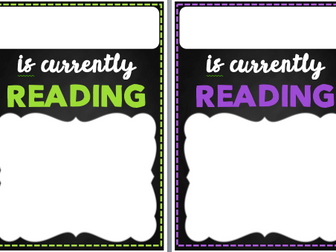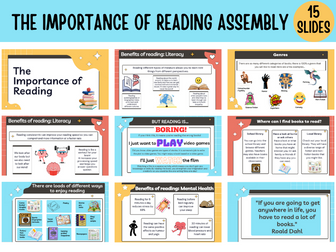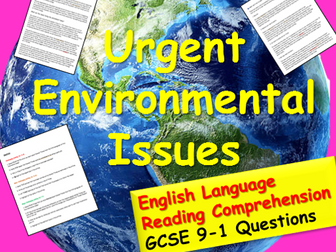
Assembly: William Shakespeare's birthday
An assembly to celebrate the birthday of William Shakespeare in April. This highly dynamic presentation has an assembly plus a range of ideas and resources for follow-up form time activities.
This beautifully-designed and editable 22-slide Powerpoint presentation creatively presents information on this event and can be showcased to any age group and includes specific pages for primary or secondary students. It includes images, dynamic transitions, informative text, video and links for extension work in form time – including extra video and classroom activities.
Slide 1: Who was William Shakespeare?
Slide 2: Why does William Shakespeare matter?
Slide 3-7: How does Shakespeare influence our modern culture? Includes video
Slide 8: Final thought
Slide 9: Follow Up Form Time activities
Slide 10: Shakespeare insult generator
Slide 11: Writing sonnet activity – with Marcus Rashford example
Slide 12: Acting a short Shakespeare scene
Slide 13: Shakespeare word search
Slide 14: Shakespeare colouring activity
Slide 15: Shakespeare translator activity
Slide 16: Shakespeare scavenger hunt
Slides 17-22: William Shakespeare form-time quiz – with answers
As reviewers have stated for previous resources shared on TES:
“I sat down to plan my assembly for next week and found this resource, and it’s perfect. The best £2 spent. Thank you. I can teach this straight from the slides.”
“Just buy it!”
“Your resources have been life savers!”
“Well worth the money and really saved my life”
“I just wanted to say that as a non-specialist these resources are worth every single penny! Thank you so much for making and sharing them.”
“Blown away by this! Can’t thank you enough!”
“They have saved me a huge amount of time and the detail that goes into your work is second to none. You put others to shame who charge twice as much for very little. Can’t thank you enough.”
“Your new spec resources are saving me hours & hours of work! Thanks, they are really good.”
“These resources are so useful - I cannot tell you how much time they have save me - very clear to follow and easy to adapt for revision material — well worth the money”
